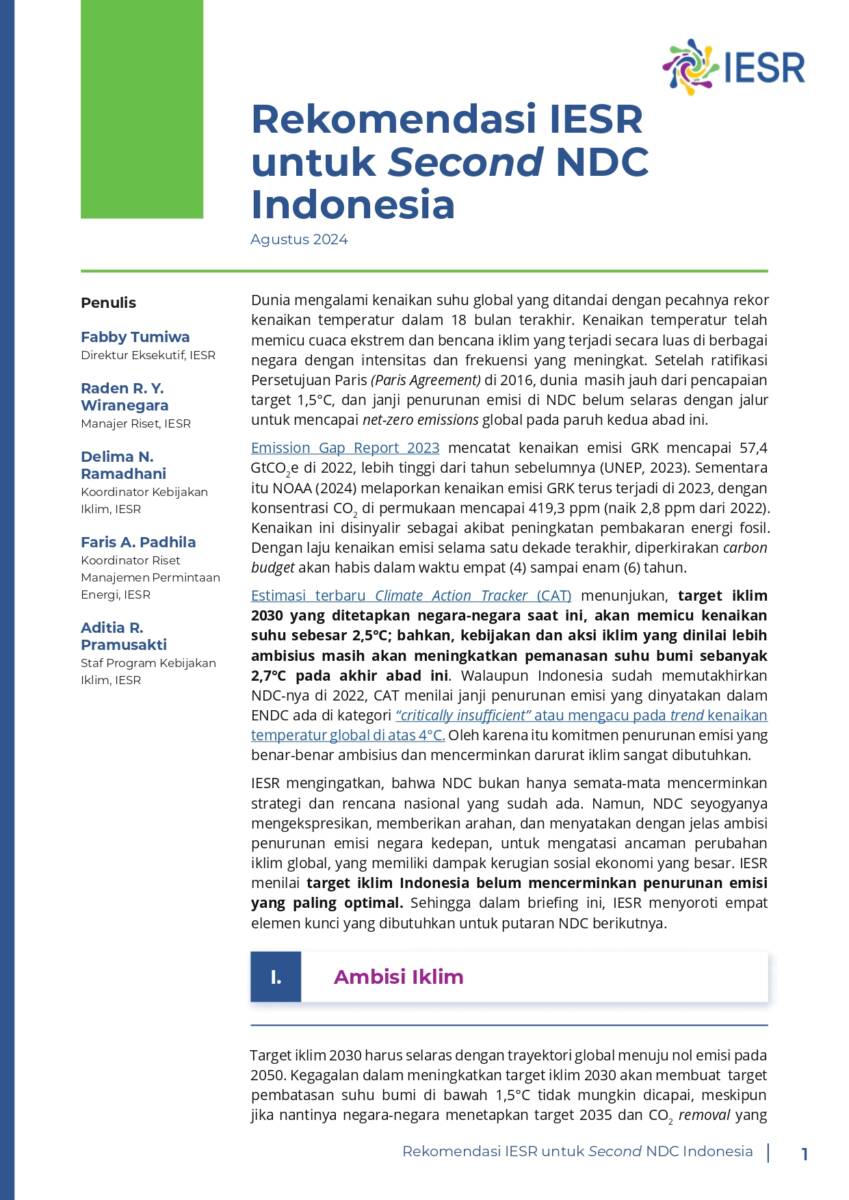
IESR Recommendations for Indonesia’s Second NDC
The world is experiencing a global temperature rise characterized by record-breaking temperature rises in the last 18 months. Rising temperatures
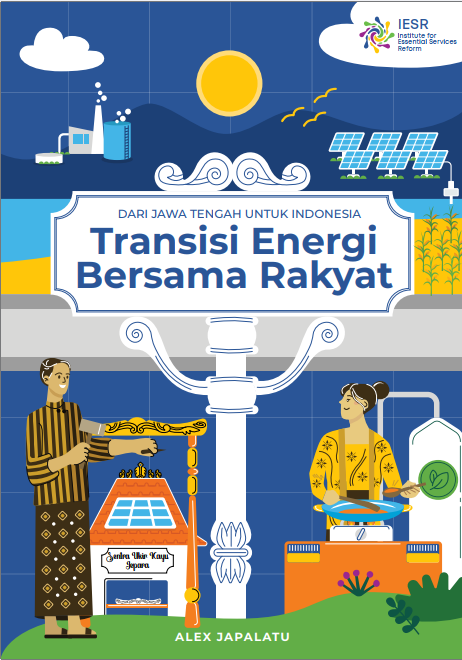
From Central Java to Indonesia Energy Transition with the People
This inaugural Jelajah Energi was conducted in Central Java as part of our collaboration with the Central Java Provincial Government.
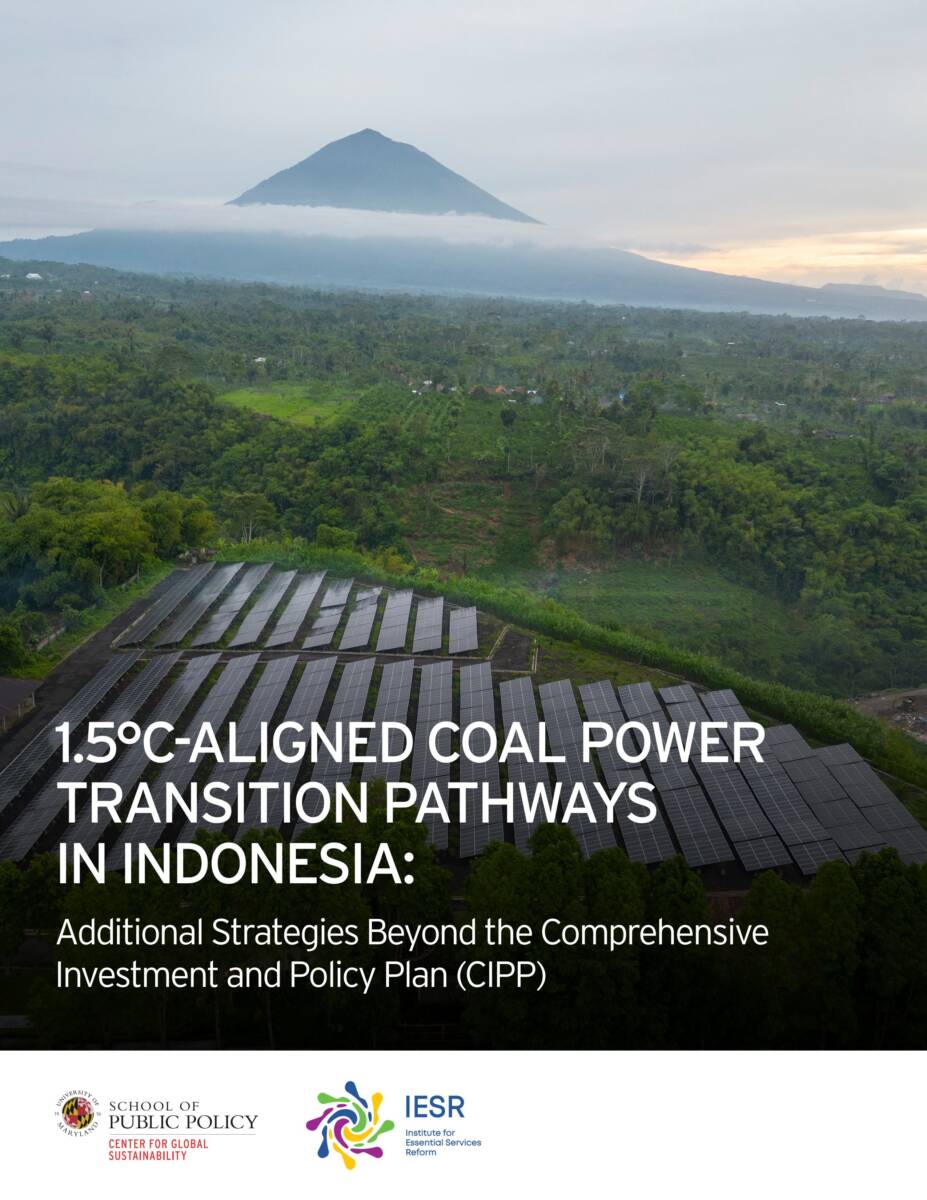
1.5°C-Aligned Coal Power Transition Pathways in Indonesia
Additional Strategies Beyond the Comprehensive Investment and Policy Plan (CIPP) Indonesia, one of the world’s largest coal producers, aims to
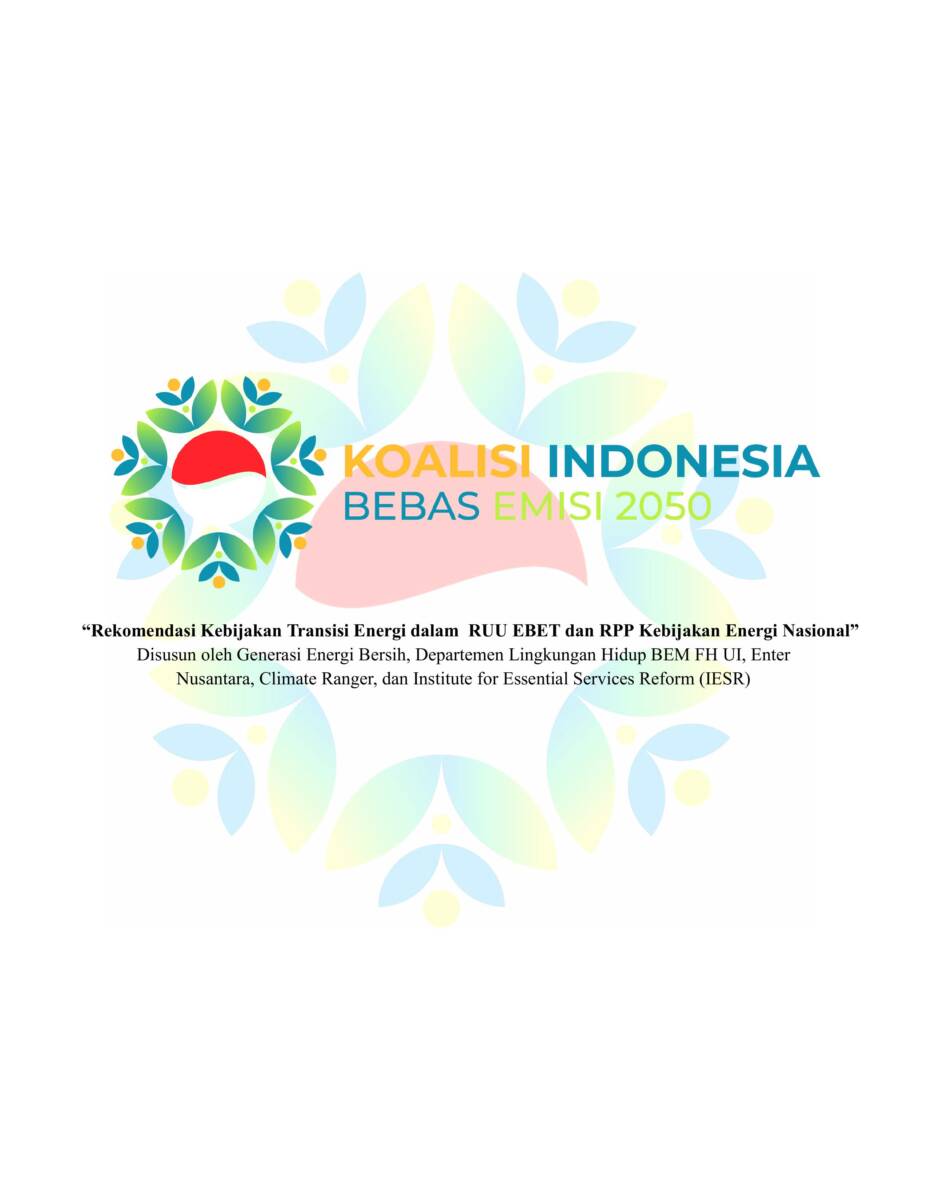
Energy Transition Policy Recommendations in the EBET Bill and the National Energy Policy RPP
This document contains recommendations for energy transition policies contained in the Draft Clean and Renewable Energy Bill (RUU EBET) and
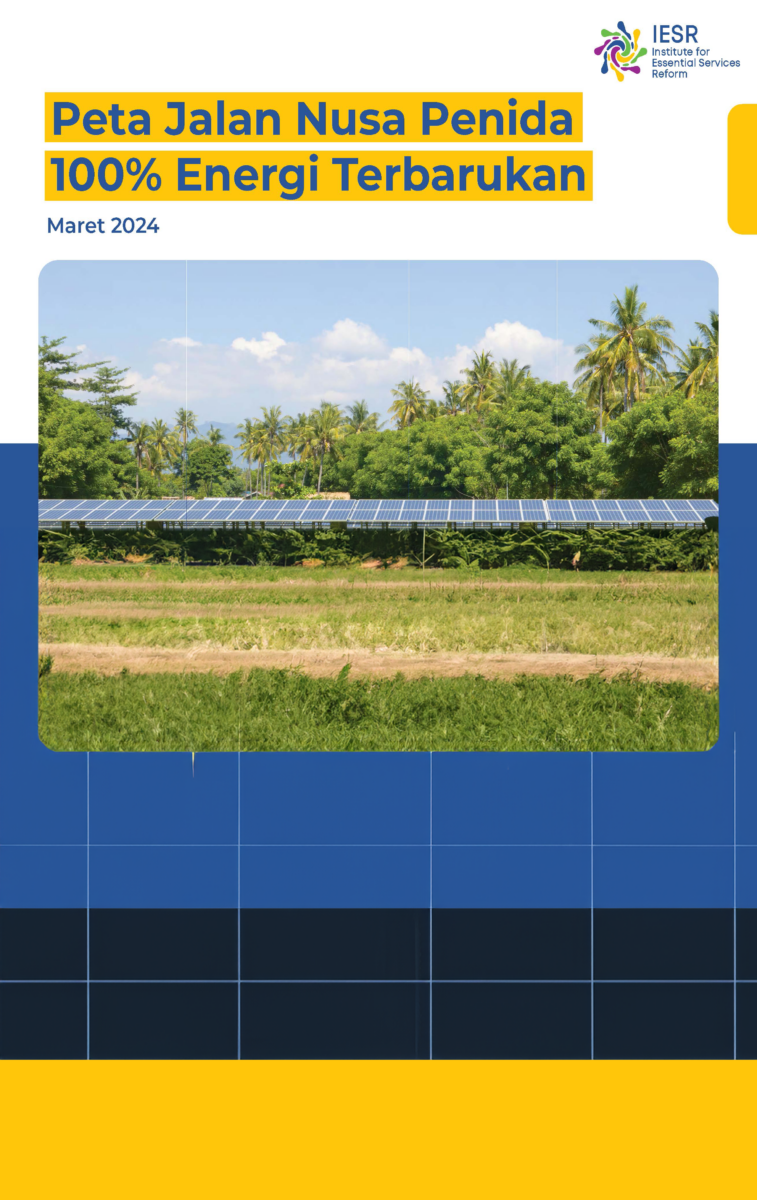
Nusa Penida 100% Renewable Energy Roadmap
A report by the Institute for Essential for Services Reform (IESR), World Resources Institute (WRI) Indonesia, and New Energy Nexus Indonesia, with the Bali Government.
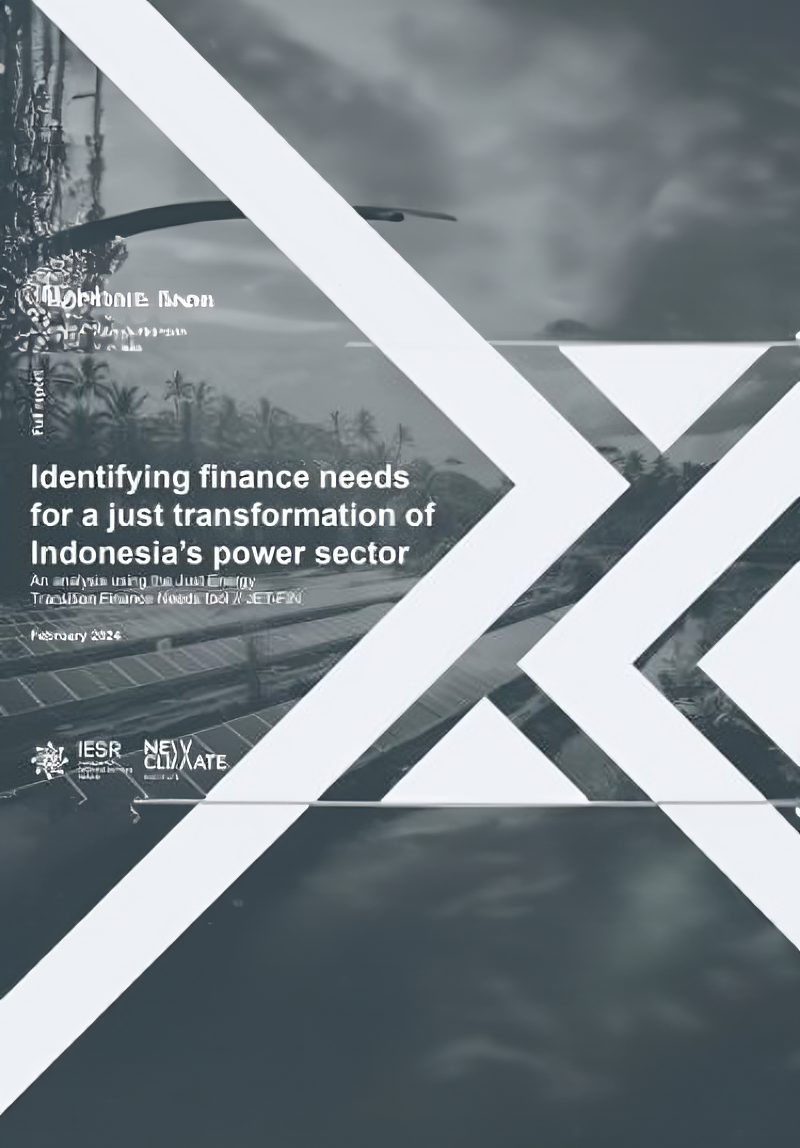
Identifying Finance Needs for a Just Transformation of Indonesia’s Power Sector
This initiative, known as Indonesia’s Just Energy Transition Partnership (JETP), places a pivotal emphasis on curtailing emissions from the power sector, initially peaking them and subsequently reducing them, with the indispensable backing of both public and private financial institutions.
